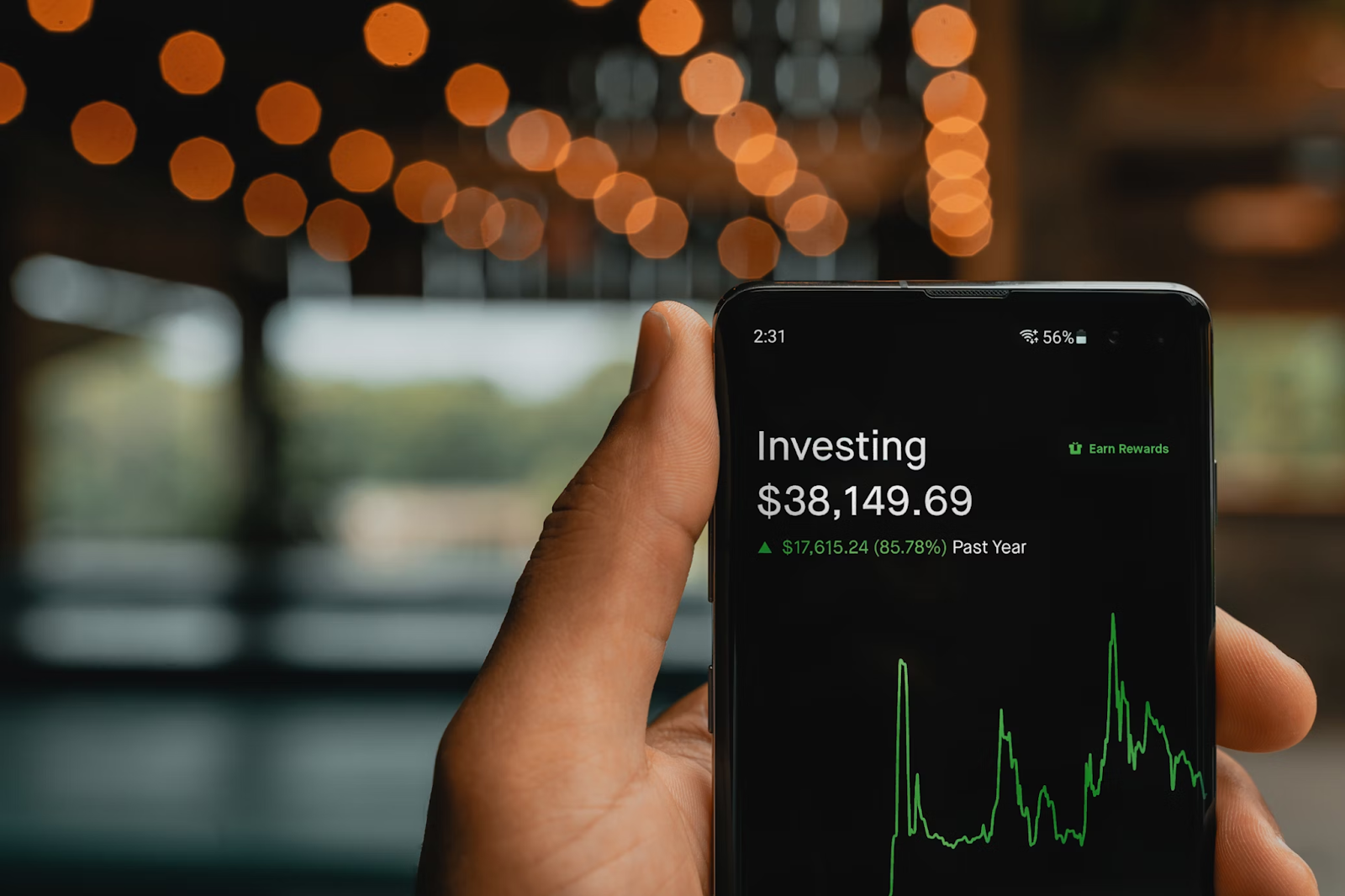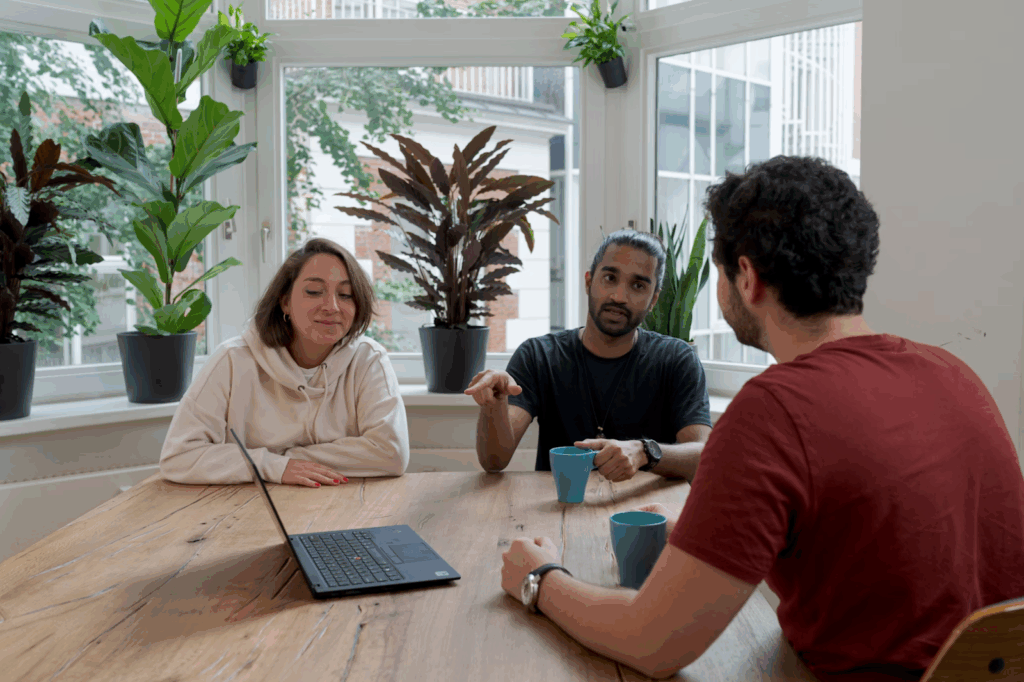Picture this: a group of investors from all over the world pooling funds on the blockchain, all governed by code and shared rules. In short, that’s what an investment DAO is. These digital collectives change how people invest by cutting out middlemen and giving every member a voice. If you’re curious how investment DAOs work and why they matter, this article offers a clear guide without the noise.
What Is an Investment DAO?
A DAO, or Decentralized Autonomous Organization, is a group that manages its money via smart contracts on a blockchain. An investment DAO takes that structure and uses it to invest in assets, such as cryptocurrencies, real estate, tokens, or startups. Instead of relying on traditional venture capital firms or hedge funds, decisions are made by token holders who vote on proposals. The more tokens someone holds, the more weight their vote carries.
This setup opens investment to anyone with the DAO token. No central fund managers are deciding where the money goes. Instead, the community pools resources, discusses options, and casts votes. This model makes investing more transparent and inclusive compared to how typical funds operate.
Why Investment DAOs Matter
Investment DAOs are changing how people think about group investing because these groups use smart contracts to decide where the money goes, and every token holder gets a say. The opposite of that is relying on banks or venture capital firms.
One reason they matter now is that they let regular people take part in decisions that used to be limited to insiders. With the right DAO tokens, you can vote on what projects to fund, what assets to back, and how to manage the treasury. It’s direct, transparent, and often quicker than traditional finance.
For anyone looking into the leading crypto to purchase now, new tokens often stand out. Early investments in new cryptocurrencies can offer lower entry prices and more room for growth if the project gains traction. Many of these tokens are tied to fresh ideas in areas like payments, digital identity, or gaming, and getting in early means you’re part of that story from the start.
If you want to specifically invest in DAO and participate in the future of the project, then skip regular tokens and focus on finding these specific DAO-related ones. They can also be a success or a failure, but whatever the case may be, you’ll know that you participated in the decision-making and weren’t just a subject of someone else’s management.
Why Investment DAOs Are Gaining Traction
The rise of DAOs over the last few years hasn’t gone unnoticed. In early 2021, DAOs held less than half a billion dollars. By mid-year, that number had jumped to over $16 billion. It was a clear sign that investors were taking this model seriously.
Even after the crypto market cooled off, the momentum didn’t stop. As of May 2024, DAOs collectively managed around $30.9 billion, according to data from DeepDAO. Nearly 360 DAOs each hold more than $1 million in assets. That includes everything from investment-focused groups to DAOs that fund art, software, and infrastructure.
These numbers suggest a broader shift. It seems like investors aren’t just buying coins, but looking for influence too. DAOs give that, along with the chance to share in group profits. And while only a portion of DAOs focus on investing directly, the ones that do are growing fast. In 2023, there were over 100 active investment DAOs, and more are launching every month.
How DAOs Actually Work
Every investment DAO starts with a few basics: a smart contract, a treasury, and governance tokens. The smart contract runs the group’s rules, which means how votes work, how funds are spent, and how decisions are enforced. The treasury holds the assets, and the governance tokens give members the right to vote.
To make a decision, someone submits a proposal. That might be to invest in a new token, fund a startup, or buy a digital asset like an NFT. Members review the proposal, vote, and if it passes, the smart contract handles the rest.
Some DAOs use multi-signature wallets for added safety, which means a group of trusted members must approve any transfer. Others rely fully on code to move funds once a vote hits the required threshold.
In both cases, the goal is the same: group investment without a central authority. It’s a shared pool with shared rules, and everyone can see where the money goes.
What You Need to Join
If you want to take part in an investment DAO, you don’t need much. A crypto wallet, like MetaMask or Trust Wallet, is step one. That lets you hold tokens, vote, and interact with the DAO’s smart contracts on the blockchain.
Next, you’ll need to get the DAO’s governance tokens. Some DAOs let you earn them by contributing work, and some sell them directly or list them on exchanges. Regardless, holding the tokens gives you voting power and, in some cases, a share of profits.
You’ll also want to join the community. Most DAOs live on Discord, Twitter, or Telegram. That’s where proposals get discussed, updates are shared, and members connect. Staying active there helps you understand what the group is doing and when important votes are coming up.
If you’re more technical, you can even help build the DAO itself. Open-source code, proposal templates, and community guides make it easier than ever to get involved.
Pros, Risks, and What to Watch
The big appeal of investment DAOs is shared power, as everyone with tokens gets a voice. Decisions aren’t made behind closed doors; all proposals and votes are public, and spending is tracked on-chain. That kind of openness is rare in finance or anywhere, for that matter.
But DAOs have weak spots, too. For example, in case most tokens are held by a few members, voting can tilt toward their interests. Smart contracts can also have bugs, and if those aren’t fixed, they can be exploited, sometimes leading to major losses.
Then there’s volatility. Many DAOs invest in crypto assets, which swing in value fast. That can mean big gains but sometimes sudden drops as well. And because DAOs are still a new concept, legal protections aren’t always clear.

Conclusion
Investment DAOs make group investing more open, more flexible, and more direct. They offer a way to join forces with others, vote on where money goes, and earn from smart decisions. It’s not without risk, but it is transparent and often more democratic than traditional funds.
If you’re ready to explore, start small. Get a wallet, join a community, and see what proposals are out there. It doesn’t matter if you’re looking to buy tokens, fund a project, or just learn more; investment DAOs are worth a look.


